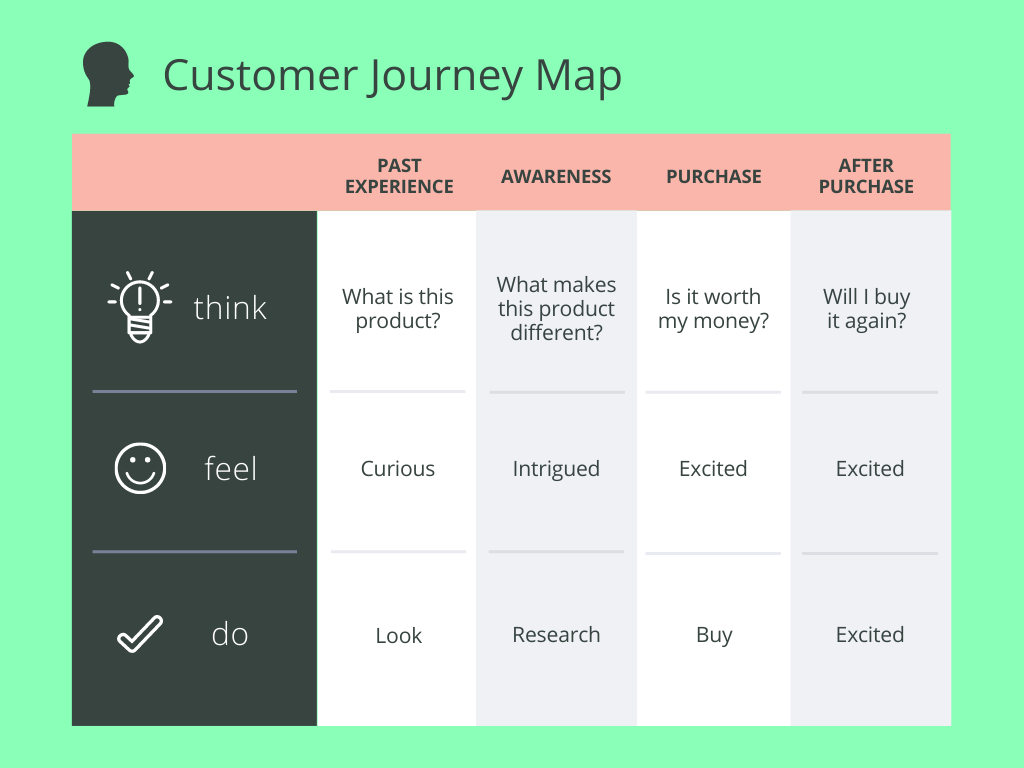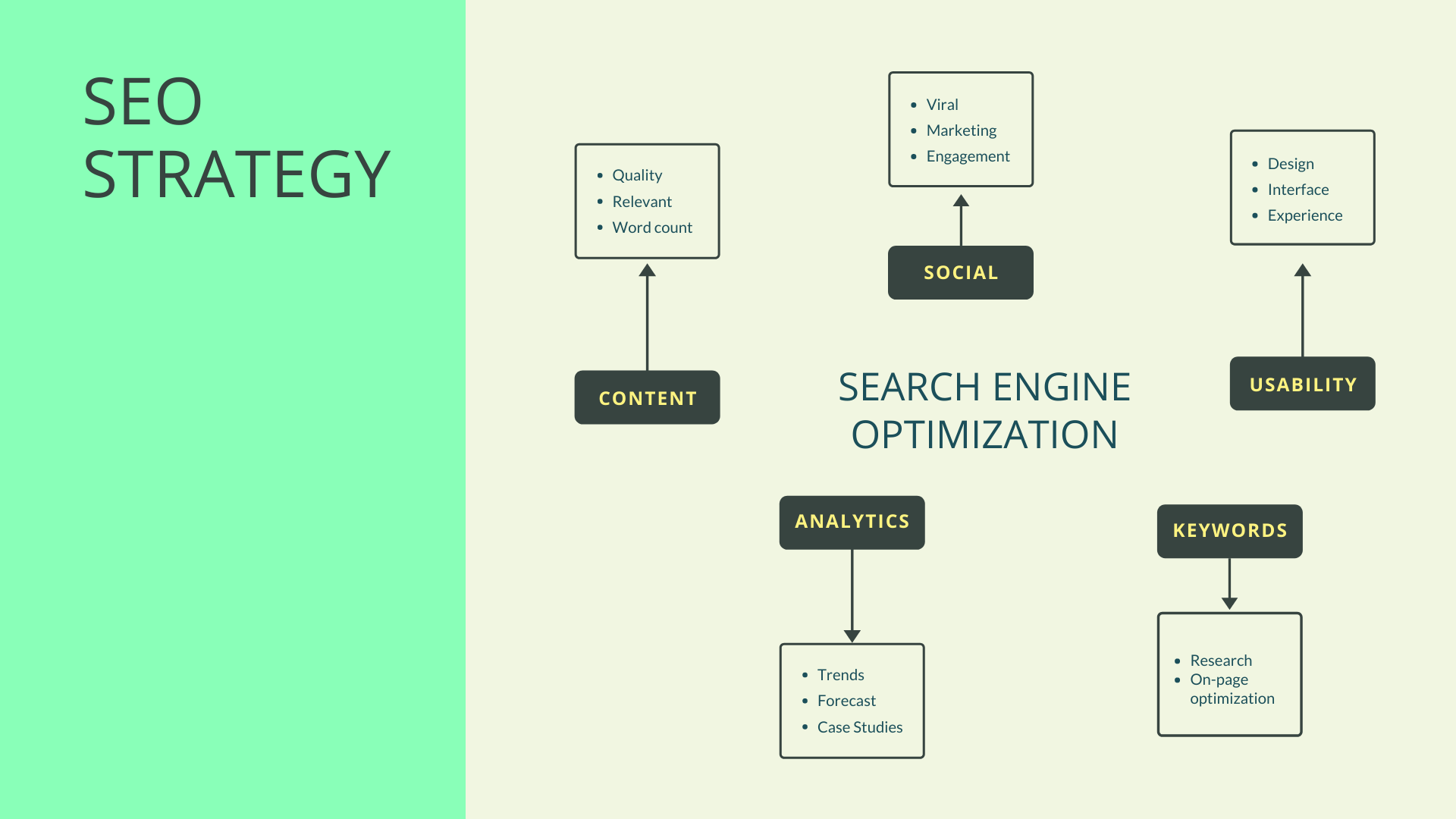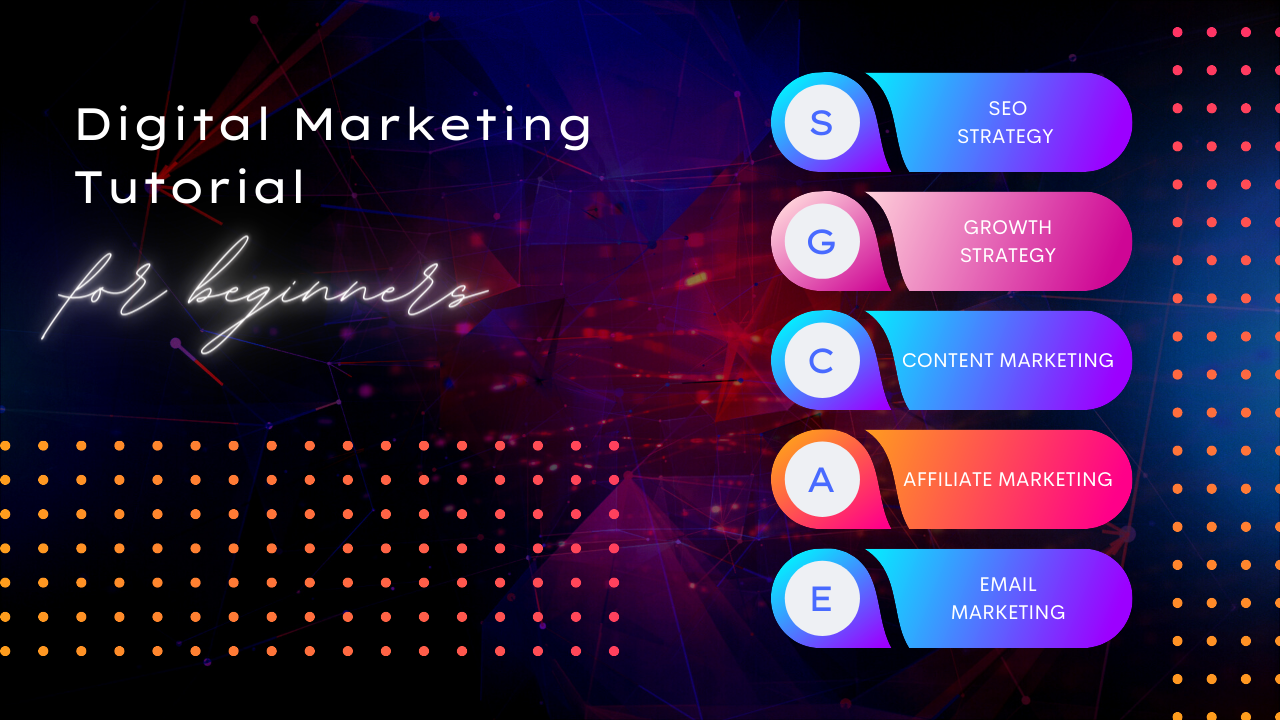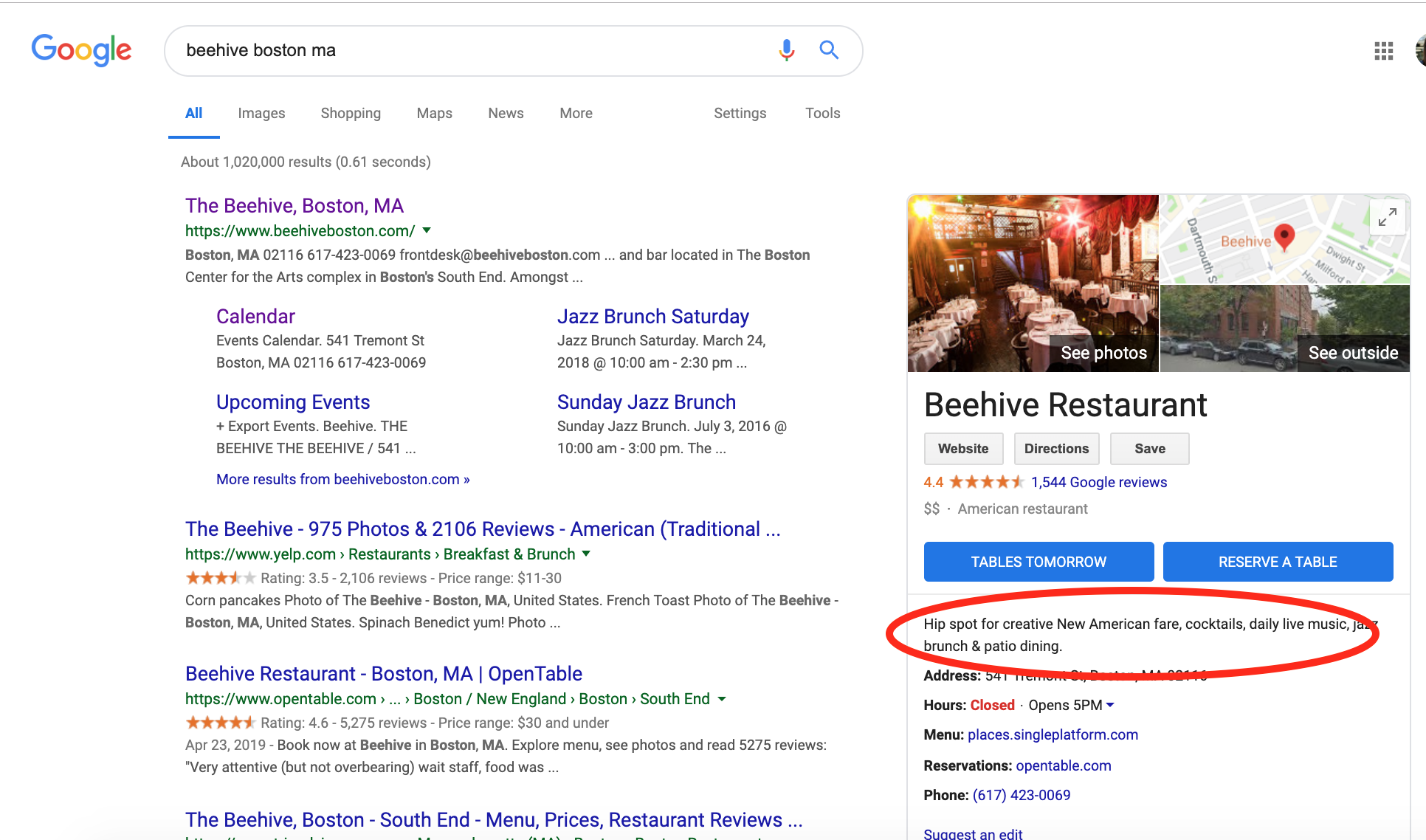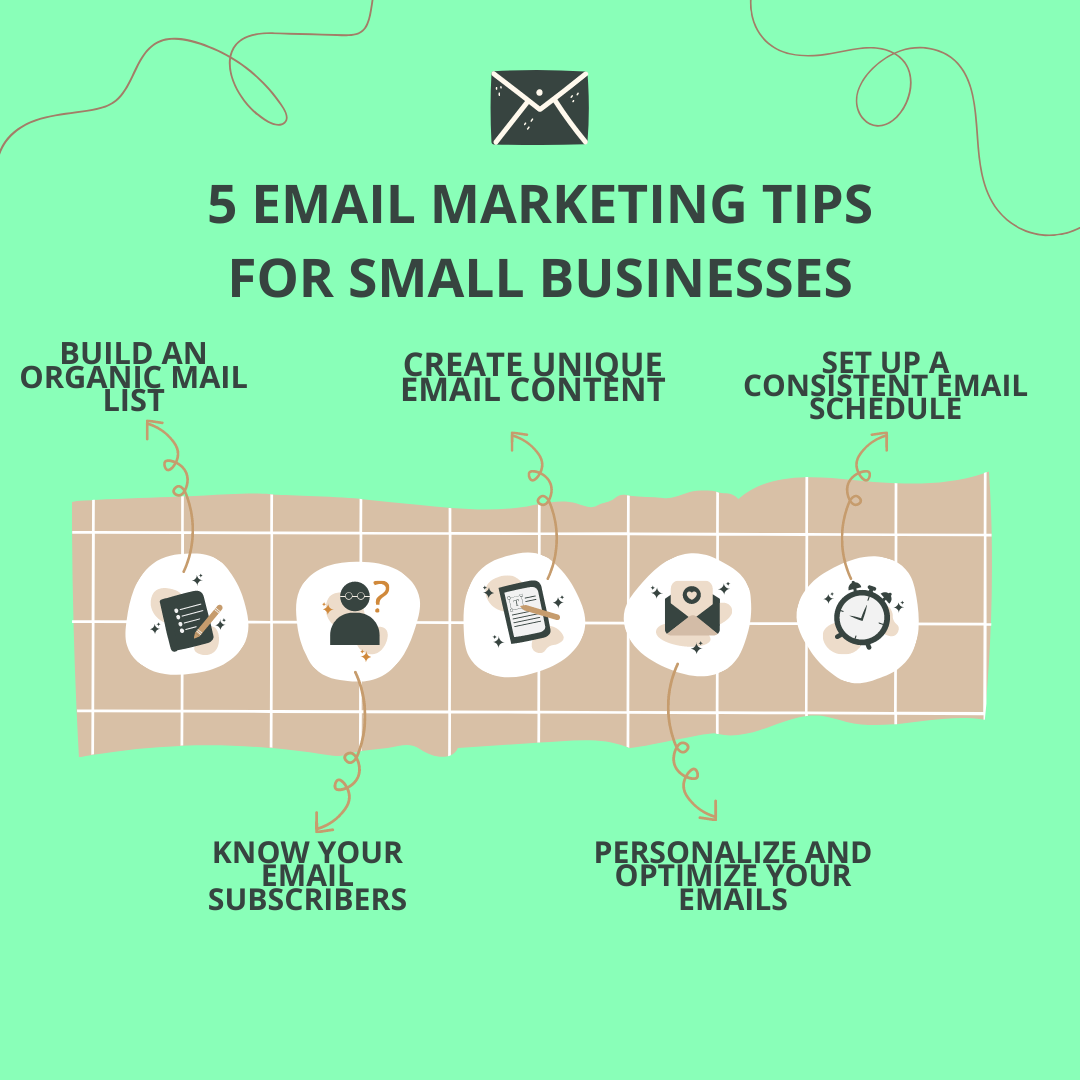Image Created by Writer
- Customer service – respond to online feedback quickly
Great customer service is why you enjoy repeat business. There’s so much competition now for business that your company has to deliver top-of-the-game experiences just to stay in the game. To respond to customer feedback quickly, ensure your contact forms are working correctly, and assign staff members to reply within a set timeframe.
If your business utilizes VoIP phone systems for customer service telephone calls, train your staff regularly to ensure all employees are delivering great customer service, and monitor recorded calls for quality.
Another aspect of staff training is to protect your business from Vishing attacks, which unfortunately are made easier using VoIP technology. Put your business’s data protection and security policies in place and provide documentation so all employees know how to handle this scenario.
- Monitor your campaigns and adjust your strategy based on learnings
A key part of digital marketing strategies is monitoring their success. Analyzing marketing campaigns is easier with fast reporting functionalities to check your business’s ROI against marketing efforts.
Once you can see where your marketing efforts were the most successful, you can adjust your strategies accordingly. A growth marketing strategy involves agile learning to quickly pivot marketing efforts.
Boost your digital growth with Affise today!
So you’re ready to grow your online presence? Wonderful. Many of the strategies and tips mentioned above are made a lot easier with the right platform. Affise helps with automation, establishing the right partner relationships, analyses data, and ultimately demonstrates the marketing efforts that are delivering the best ROI.
Conclusion
The digital marketing strategies and tips included in this article will get your marketing efforts off to a great start. Whether you’ve got an established business or a startup, there’s something here for all business models.
Be prepared to repeat your marketing strategies and move forward. Just because one campaign on LinkedIn flopped doesn’t mean that all LinkedIn marketing efforts will be disastrous. Test and keep improving to understand the key needs of your target audience, and you won’t go far wrong.
Good luck out there!
FAQs
Why should I invest in digital marketing strategies?
There are so many reasons for your business to invest in digital marketing strategies:
- Increased website traffic
- Enhanced search engine results
- Better brand identity
- Improved relationship with customers
- More revenue
- Elevated user experience
And those are naming just a few.
What is the best digital marketing strategy?
Unfortunately, this isn’t a quick answer. The best digital marketing strategy is one that works for your customers. Ultimately, find out where your customers are online and promote your business wherever they are. That could be through social media, affiliate marketing, PPC ads, or content marketing.
Does digital marketing require a lot of work?
Getting your digital marketing off the ground will take time and effort. But starting your business took time and effort too, right? In our humble opinion, digital marketing is worth the work involved as it generates more business and more revenue. You get what you put in, as they say.











